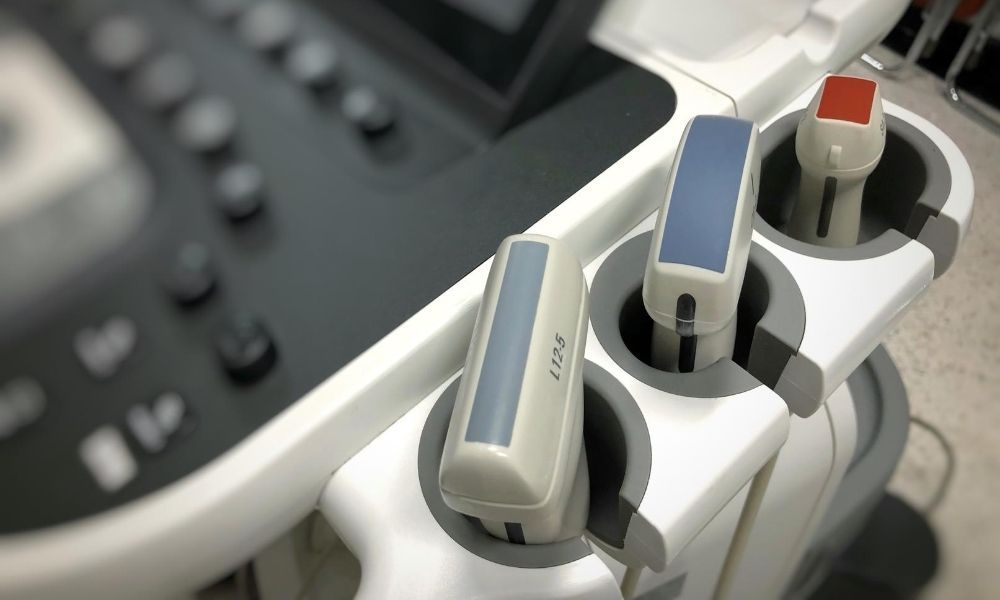
The Future of Healthcare: Predictions for the 2020s
No one can predict the future, but a good guess can come from the innovations coming out of the medical field. The inventions listed here are at the bleeding edge of the healthcare industry and will leave a mark on the world.
Mon Oct 19 2020

No one can predict the future, but a good guess can come from the innovations coming out of the medical field. The inventions listed here are at the bleeding edge of the healthcare industry and will leave a mark on the world. Pocket-sized linear probe ultrasounds, drones delivering supplies, and virtual reality healing is a small sample of the future of healthcare.
DRONE DELIVERED MEDICAL SUPPLIES
The future of healthcare might include drones zipping across the skies. UPS has a trial program called Flight Forward that uses autonomous drones to deliver medical supplies between hospitals. They are only 150 yards apart in Raleigh, NC, and the drones are able to cover the distance faster than a person on foot. The FAA granted UPS permission to expand the program to 20 hospitals across the country.
MIND READING WRISTBANDS
Imagine playing a video game on your wrist by doing nothing more than looking at it. The CTRL-kit looks like a watch and reads the electrical impulses that travel from the motor neurons to the hand as soon as a person thinks about moving. The technology could create new ways to rehabilitate stroke victims or amputees and those suffering from neurological disorders like MS.
AN ULTRASOUND IN YOUR POCKET
There was a time when the thermometer was only used in the doctor’s office, same as the blood pressure cuff. Times change though, and the same is happening with the ultrasound. Jon Rothberg figured out how to put ultrasound technology on a chip that connects to an iPhone app. Now, a smaller handheld version is available for sale around the world. They won’t replace the larger, more powerful linear probe ultrasounds found in hospitals, but they will make medical imaging more routine.
CANCER DIAGNOSING AI
Lung cancer doesn’t present itself until it’s in its later stages, and by then it’s usually too late for the affected patient. Early screenings help detect lung cancer in high-risk people, and Artificial Intelligence is also being used to predict cancer in patients. Google has an algorithm that was trained on 45,000 cases and which has a higher rate of identifying cancer and a lower rate of false positives than traditional CT scans so far.
PAPER READING AI
There are millions of peer-reviewed papers published every year, more than any one person can read. Benevolent AI has an algorithm that doesn’t have any limits on what amount of information it can consume. It scours research papers and clinical trials, looking for overlooked relationships between genes, drugs, and disease.
